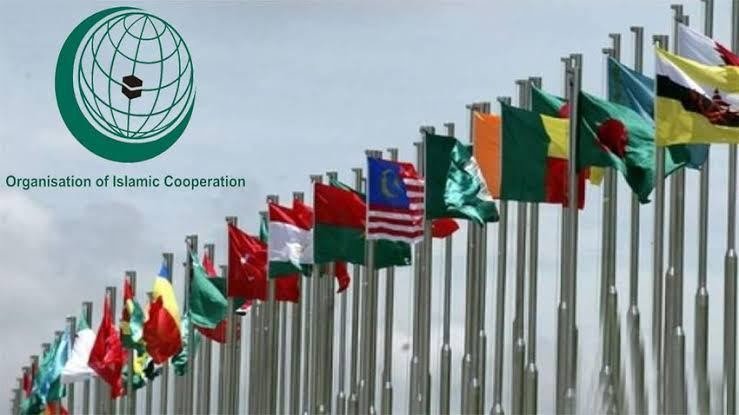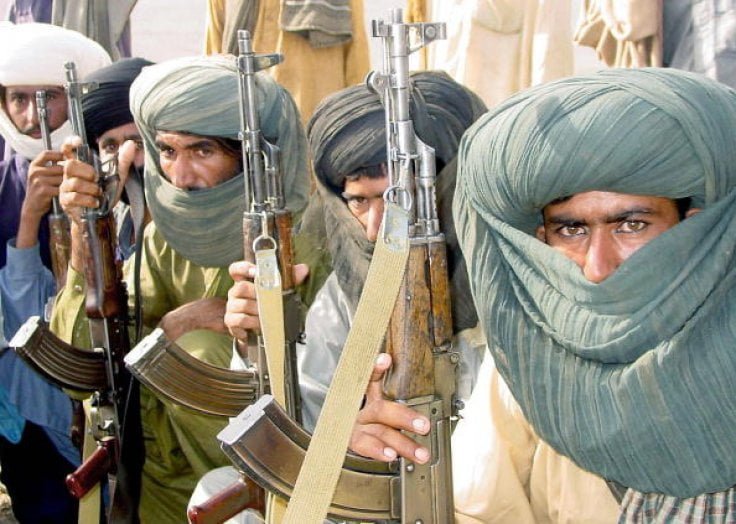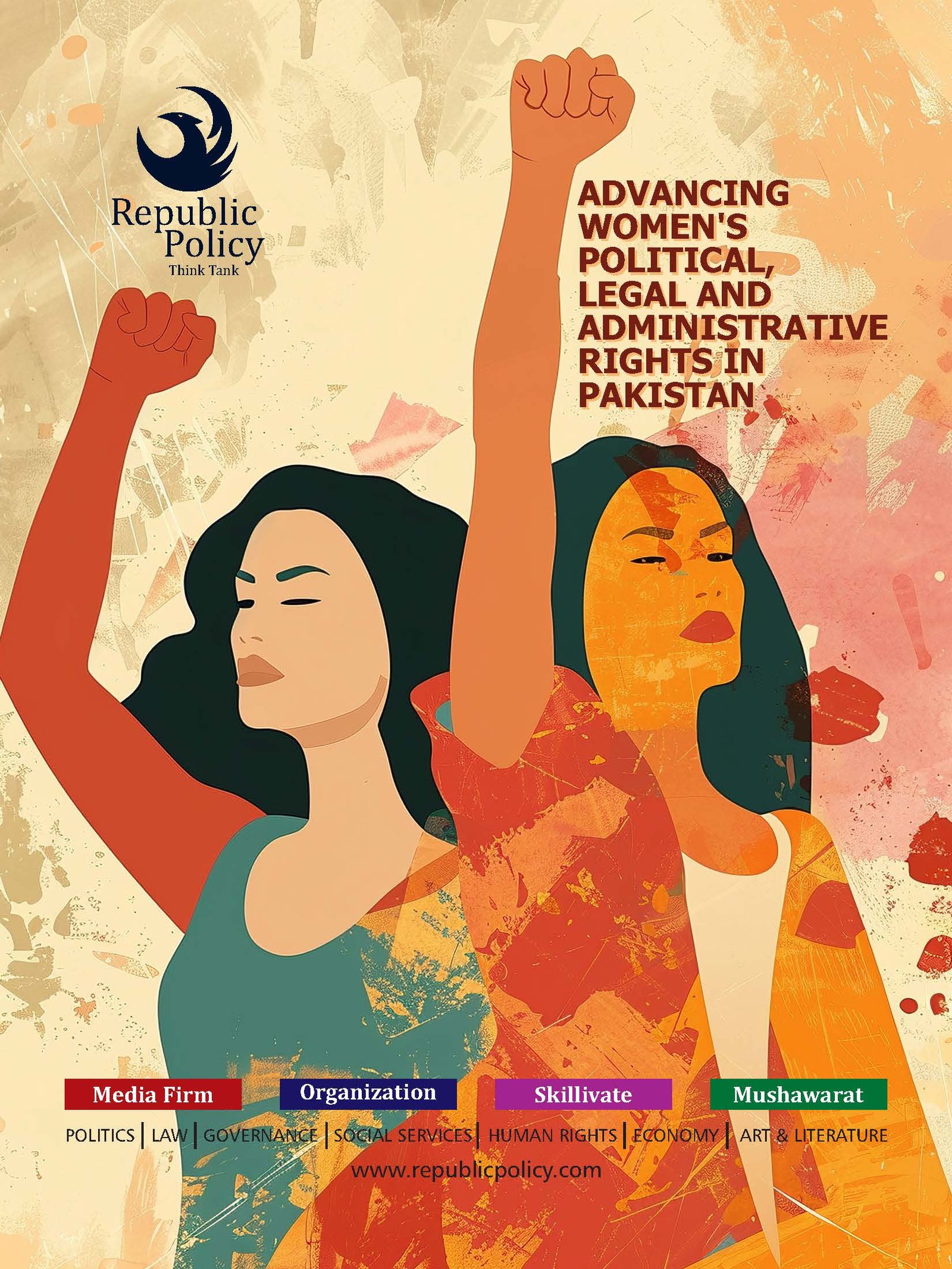Abdullah Kamran
Safe drinking water is vital for the well-being of a nation for several reasons. Firstly, access to clean drinking water is a fundamental human right and is essential for sustaining life. Without safe water, people are at risk of contracting waterborne diseases such as cholera, typhoid, and dysentery, which can have devastating consequences on public health. By ensuring that all citizens have access to safe drinking water, a nation can significantly reduce the incidence of water-related illnesses, thereby improving overall public health and well-being.
Moreover, safe drinking water is crucial for promoting economic development. When people, especially in rural areas, have to travel long distances to fetch water or fall ill due to contaminated water sources, it hampers their ability to work, attend school, or engage in other productive activities. By providing safe drinking water to all citizens, a nation can support economic productivity and development by reducing the burden of waterborne diseases and enabling individuals to lead healthier and more productive lives.
Furthermore, safe drinking water is essential for ensuring social equity and justice. Lack of access to clean water disproportionately affects vulnerable and marginalized communities, exacerbating existing social inequalities. By prioritizing the provision of safe drinking water to all citizens, including those in urban slums and rural areas, a nation can work towards creating a more equitable society where everyone has equal access to this basic necessity.
In addition, safe drinking water is critical for environmental sustainability. Pollution and contamination of water sources not only affect human health but also harm aquatic ecosystems and biodiversity. By ensuring that water sources are clean and protected, a nation can contribute to the preservation of its natural environment and promote sustainable water management practices for future generations.
In summary, safe drinking water is important for a nation because it is essential for public health, economic development, social equity, and environmental sustainability. By prioritizing the provision of safe and clean drinking water to all its citizens, a nation can build a healthier, more equitable, and more sustainable society for the benefit of present and future generations.
Providing safe drinking water to all citizens, as well as ensuring access to basic health and education, are fundamental responsibilities of any responsible government. However, many less developed countries, including Pakistan, struggle to provide good quality water to households that cannot afford filtration systems or buy water from private companies.
The water crisis in Pakistan is not just a future concern, it is an urgent and severe issue that needs immediate attention. Factors such as population pressure and climate-related stresses have compounded water stress, particularly impacting poorer and marginalized communities globally. This water stress is evident in megacities across the global South, including South Asia. For example, Karachi, with a population of over 16 million, struggles to meet the water needs of around half of its residents.
The water crisis in Pakistan is not just a matter of access, it is a full-blown public health emergency. Despite Pakistan’s acknowledgment of access to water as a fundamental right in its Vision 2025, urban slums and rural areas often lack water and sanitation infrastructure. Open defecation further contaminates water sources and increases the risk of waterborne diseases.
Although Pakistan’s National Water Policy recognizes the need to provide access to water for all citizens, the government has fallen short in investing in the necessary infrastructure to ensure clean water access across urban and rural areas. Additionally, the lack of maintenance of existing water infrastructure leads to the mixing of water and sewage, resulting in numerous deaths annually.
In major cities like Karachi, households of various income levels rely on purchasing water from private suppliers due to the inadequacy of the existing water supply system. The government’s failure to address water theft and leakages has allowed a “tanker mafia” to dominate water distribution, exacerbating disparities in water access and reinforcing socioeconomic inequalities.
Furthermore, inefficient water management governance across all four provinces has left water management entities reliant on provincial subsidies, hindering efforts to improve water supply and infrastructure.
Research has highlighted the disparity in water access in Karachi, where the existing tariff structure and water resource management system have led to inequities. The Karachi Water & Sewerage Corporation’s limited service coverage prevents it from generating sufficient revenue to enhance the quality of its services.
Immediate and decisive policy changes are needed to address the water crisis in Pakistan. It is imperative for policymakers to prioritize improving access to essential water supplies and allocate resources to develop and upgrade water infrastructure across the country. Reforms within water management entities are necessary to enhance responsiveness and self-sufficiency. Additionally, community-specific water quality improvement measures, such as rainwater harvesting, should be implemented in areas vulnerable to contamination.
In conjunction with ensuring good quality water for all citizens, urgent efforts are required to promote water conservation to prevent further pollution and overuse of freshwater sources. This is crucial to uphold the equal right of all citizens, regardless of their economic status, to access safe and adequate water.
















